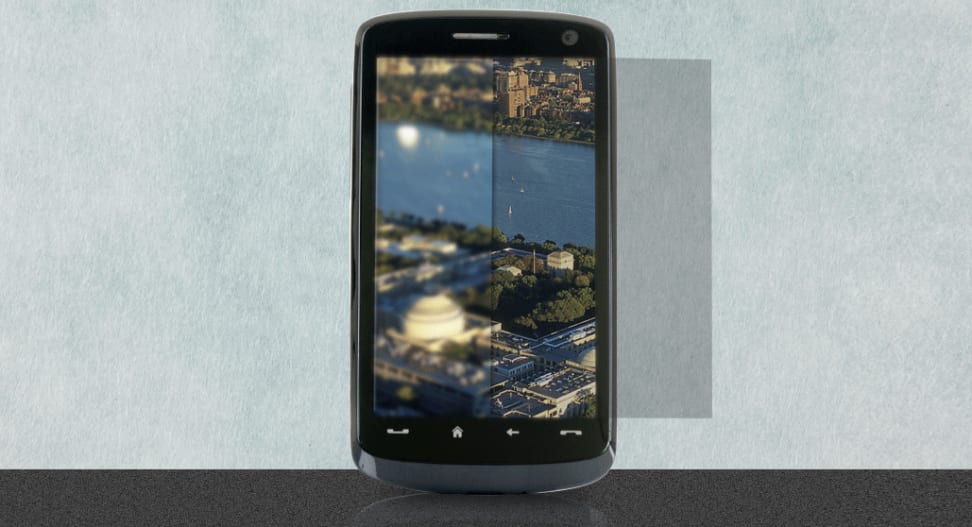Futuristic Displays Correct Your Vision, Glasses-Free
I can take my glasses off to watch TV? Count me in.
 Credit:
Credit:
Products are chosen independently by our editors. Purchases made through our links may earn us a commission.
As a teenager, I held out against getting glasses for as long as I could. And even when I finally succumbed, I only wore them in class when I couldn't read the chalkboard. Unfortunately, it eventually got to the point where I couldn't even clearly watch TV.
Thanks to the geniuses over at MIT, those with vision impairments may no longer need glasses or contacts to watch their favorite shows, or even use a smartphone or tablet.
A joint team of researchers from the MIT Media Lab and the University of California, Berkeley, have adapted research on glasses-free 3D to create vision-correcting displays, reports MIT News. According to co-creator Dr. Gordon Wetzstein, this technology essentially puts your glasses on the display, instead of on your face.
These displays could especially benefit people who are farsighted, allowing them to dispense with reading glasses for smartphones and tablets. The report suggests the tech could even help extremely farsighted drivers see dashboard GPS units and speedometers.
This technology could also be combined with the team's glasses-free 3D research, as well as a project for determining vision prescriptions. MIT News says such a combination may lead to the creation of a display that identifies your vision prescription, corrects your vision, and even produces 3D images.
According to the report, the displays use a special algorithm to program individual pixels to send different parts of an image to different areas of your eyes' pupils. Multiple pixels are used to simulate individual pixels of the image, but the algorithm minimizes the loss of resolution.
The prototype requires a special pinhole filter to make sure pixels do not hit parts of the pupil for which they were not intended, as well as an additional LCD screen to achieve the same amount of light throughput found in traditional displays.
While the tech in its current form would work very well for smartphones and tablets, it will not work well for TV's, as the display would need to correct vision for multiple viewers, not just one person. Indeed, Dr. Wetzstein says that's the team's next area of focus. If they can pull it off, we may never need glasses to view our screens again.
Of course we would still need them for that scary world outside of the internet, but I'm sure Google will one day fix that with smart contact lenses.
Source: MIT News Hero Image: Christine Daniloff / MIT
